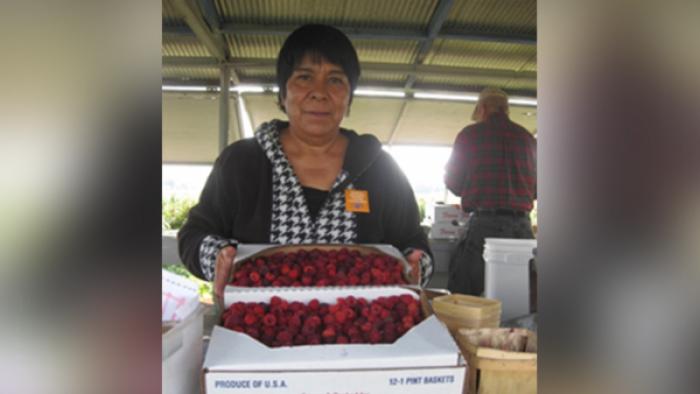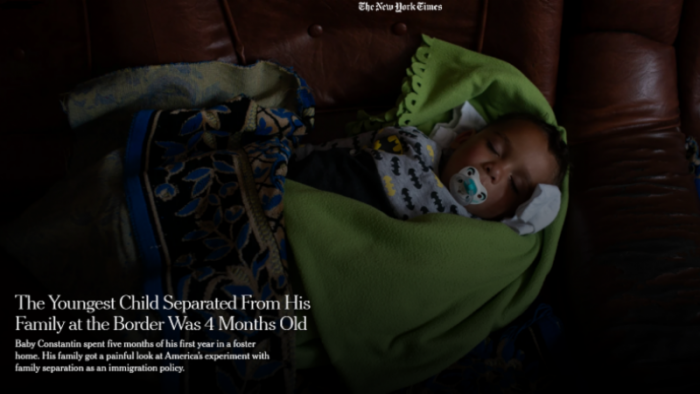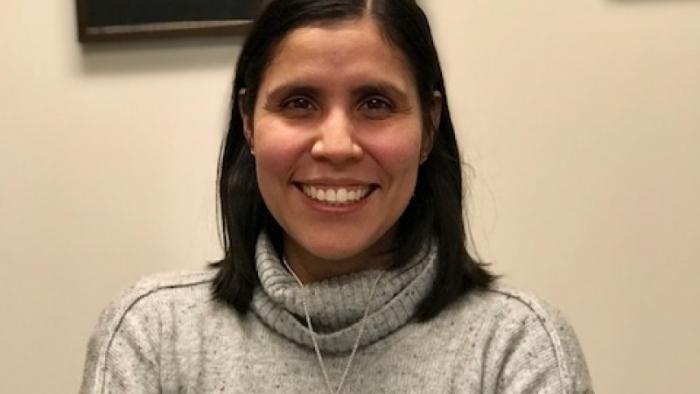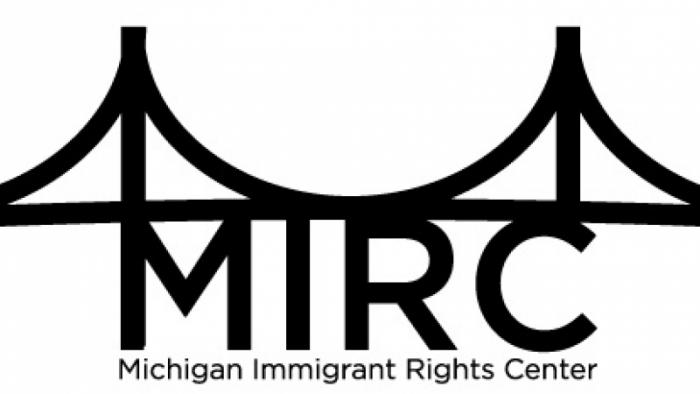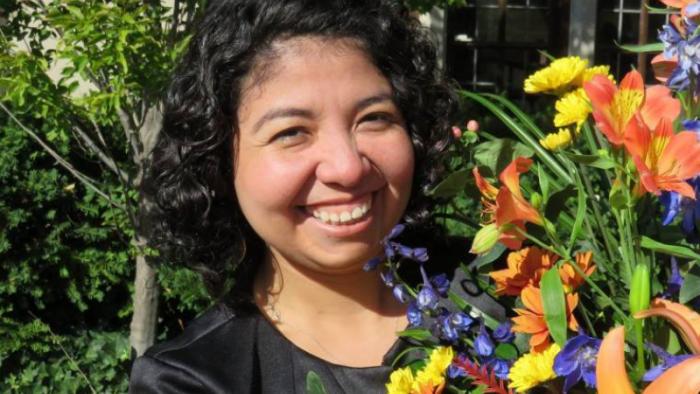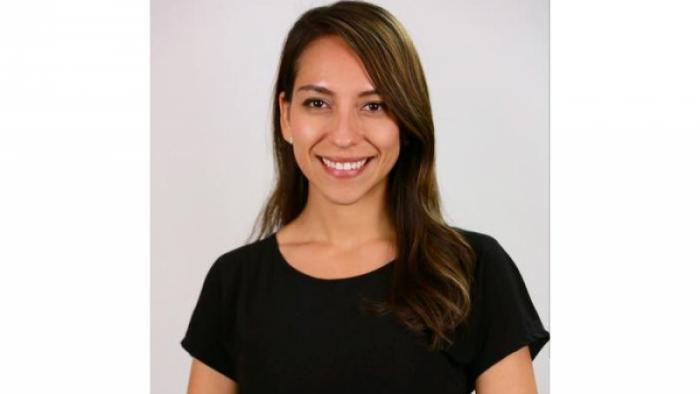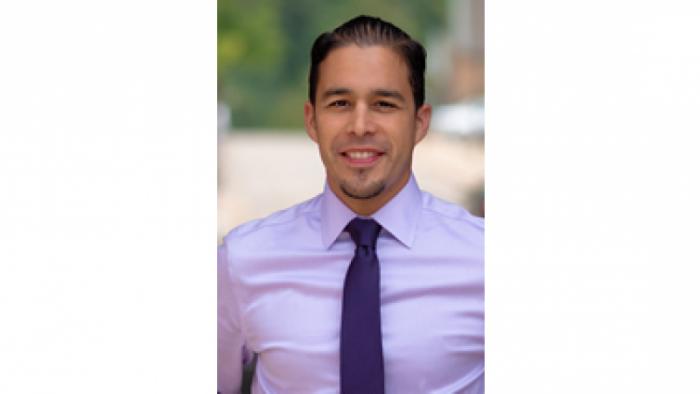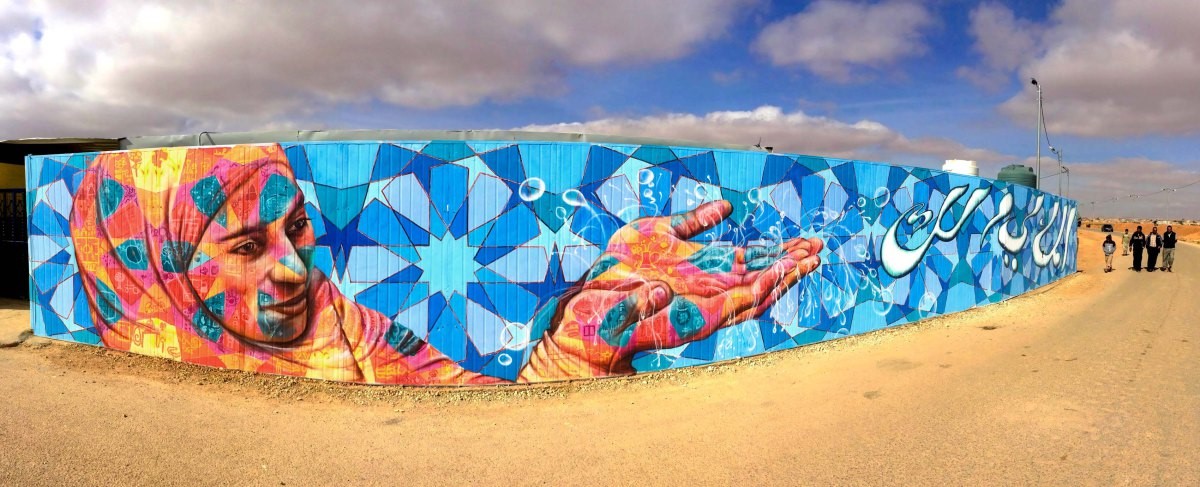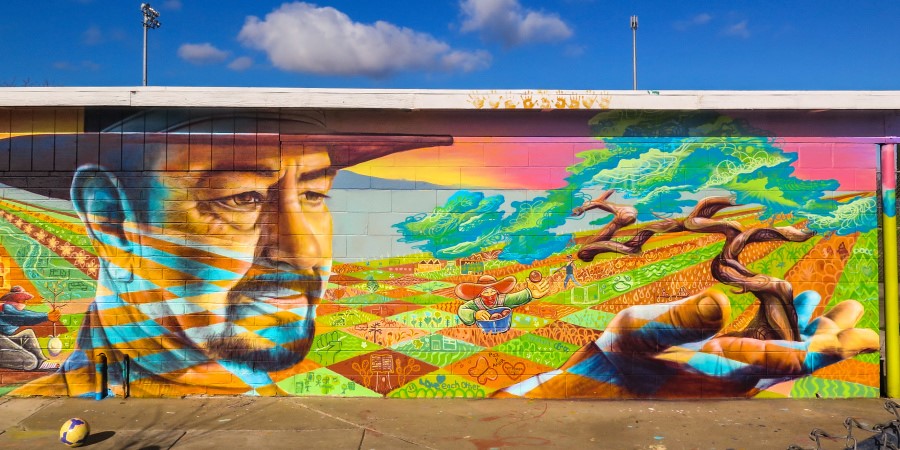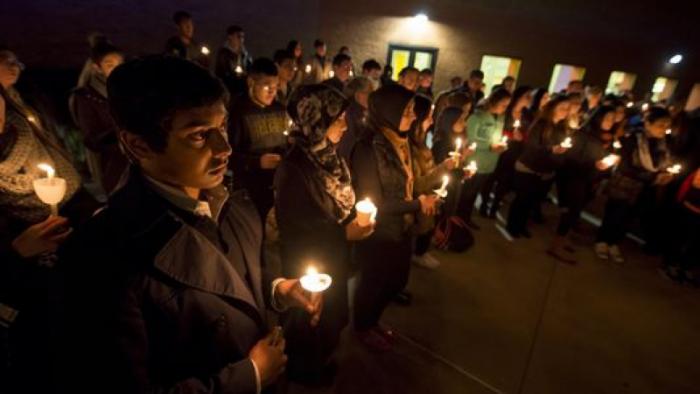[Maria Ibarra-Frayre shared the poem, The Right Way, prior to this presentation]
Good afternoon, and thank you for inviting me to speak at the Welcoming Michigan Statewide Convening and Michigan Coalition for Immigrant and Refugee Rights summit. It is an honor to be invited to speak in front of a group of so many inspirational advocates, scholars, social workers, researchers, teachers, organizers, and yes, even lawyers.
My name is William Lopez, and as you heard in the generous and perhaps even exaggerative introduction, I’m a clinical faculty member at the University of Michigan School of Public Health, where I spend most of my time thinking, reading, and writing about how immigration enforcement impacts mixed-status communities, specifically my Latino community in Washtenaw County.
I also have played various roles as an organizer with the Washtenaw Interfaith Coalition for Immigrant Rights and, together with a few amazing people, one of whom — Maria Ibarra — had her amazing-ness acknowledged today — organize the Urgent Response system that WICIR operates.
Now, I’ve been doing this work for a while, and what that means it that I witnessed many of the accomplishments of the stellar group of advocates here today in front of me. For example, thanks to your work, you have kept foreign driver’s license valid for those without access to state licenses. You have started municipal ID programs throughout the state. And you keep winning anti-deportation campaigns like that of Fredy Mencia, Papa Doumbia and Francis Anwana, even though, allegedly, those are supposed to be impossible to win now. Following Trump’s Muslim ban, you filled the airport with your screams and posters and laptops and your energy. And you also returned every single child separated at the border of Texas and Mexico who was brought to Michigan into the arms of their parents where they belong.
Indeed these are great victories for our communities and they deserve a round of applause.
But I’ll be honest with you. When I look at the audience, I actually know a good portion of the people out there, mostly from advocacy and field work I was doing while I swore to my committee that I was indeed writing a dissertation. So when I look out at the audience, I don’t immediately see your collective accomplishments. Instead, I see people. I see individuals. l see advocates, organizational founders and leaders yes, but I also see friends.
And, as a friend, the memories that stick with me, are not always of these collective accomplishments. But the times you, as an individual, reached the limit on what you could handle. In fact sometimes, what sticks with me are not the times you succeeded, but the times you failed. The times you cried. The times, numerous as they seem to be as of late, when I have seen you at your breaking point.
I remember a case that I worked on with a dear friend. We received a call on the WICIR Urgent Response phone that a woman I’ll call Veronica was to going to be deported, leaving her undocumented husband, two US citizens and one DACA recipient son behind in the US. As this work often goes, my friend happened to be the one holding the Urgent Response phone, and thus he happened to be the go-to person for Veronica’s case. He took this role gracefully, not complaining that the next three weeks would be among the hardest he had ever experienced in his long advocacy career.
He worked tirelessly for Veronica. He called the family every day. He left messages with lawyers and advocates and pastors and friends. And he visited churches to see who would house her if she sought sanctuary.
When he had tried everything there was to try, he coached her family through what it meant to have a mother and wife removed, and agreed that he would join her, silently, at the airport to bear witness to the cruelty of the deportation machine.
I got a phone call from him at midnight on the night she was to be deported.
“She’s in the emergency room” he told me. So disturbed was Veronica by the thought of being forced to return to Honduras, where she had not been for 15 years, that amid her attempts to pack her Michigan life in to two suitcases, she feel to the floor unconscious.
So I went with him to the ER and I watched him stand by her ER bed, hug her husband and her children, talk to her doctor, and make sure she got home again safely.
By this point, Veronica had missed her deportation date, so he started all over again. Calling and meeting and talking and trying both to prevent Veronica’s removal and prepare the family for her absence.
A week later ICE had decided that Veronica had sufficiently recovered from her ordeal and ordered her back to the airport for deportation.
So again he went. Again he stood in silent protest as she walked onto the plane to San Pedro Sula, her husband and daughters sobbing besides him.
I didn’t see him for months after that. I, and others, were pretty sure the moment broke him. And to be honest, none of us would have blamed him if you never came back to this work again.
Of course this is just one story. I’m sure you can all think of the losses that have impacted you and your friends most deeply in the last few years.
A few others come to mind for me as well. I think of the time the founder of a legal services organization told me that she could barely keep herself together as she completed the U Visa application for a girl the same age as my daughter who had been so brutally sexually assaulted that she needed reconstructive surgery.
And I think of the time I had just finished speaking to incoming Latino students at the university of Michigan when they walked out onto campus to see a well-known campus landmark spray painted with “fuck latinos” and “Make America Great Again.
These moments of darkness are real. This violence and trauma that our community experiences, that makes its way into our own lives and bodies, its real. For me, they are formative, and I can only come to this work knowing that they exist, and that they will color and shape my world and that of my family for the rest of my life. So I cannot come to this work, cannot invite you to this work, while pretending these moments don’t exist.
These moments keep us up and night, and they also force us to ask hard questions of ourselves.
If our work is so frequently and deeply challenging, Why do we keep doing it? Why do we come back to it?
Simply, why am I up here and why are you there right now?
Now, frankly, I’m not really the best person to answer this question. I know what a keynote talk is supposed to do, and that’s provide a rah-rah speech, to pump you up for the road ahead. I’m not the person for that. For those of you with whom I’ve worked — or for like anyone who has literally just listened to my speech thus far — you know that it’s pretty dark.
Now that’s largely because I am health researcher. My job is to diagnosis illness and disease, and illustrate precisely how damaging they can be and in what way. Thus I spend my time focusing on the social disease of immigration enforcement, in describing how this disease spreads fear and panic, and draws on the worst parts of our humanity to create deep racial divisions and strip our communities of rights. I talk about how this disease somehow pushes people to argue that separation of families at the border is their parents fault, that a door kicked in when a mother. nursing her baby in a raided an apartment is somehow the natural conclusion for not quote doing it the right way. I want to spend my career diagnosing and describing what I believe to be among the worst social disease of our time.
So no, I’m not the person to remind you why you are here, or to pump you up to continue doing this work tomorrow.
But I do know someone who is perfect for this task. I know someone who can explain to you why you are here, because, at one point, she did the same thing for me.
Lourdes Salazar Bautista came from Mexico to the United States on a tourist visa. She arrived in a cold Michigan day on January 25th of 1997. When Lourdes arrived in Ann Arbor, she liked it. She liked being close to a university, and felt that there was ample opportunity to find work.
So Lourdes did what so many of us do when we find a place in which we feel happy, healthy, and secure. Lourdes started a family. She bought a house. She found a church. And she went on with her daily life.
Along the way, Lourdes gave birth to two daughters and a son. All three children, were born in the US and thus, unlike their undocumented father and the mother who was still on a tourist visa at that point, were US citizens. Eventually, Lourdes’ older daughter accomplished something that made everyone who knew her proud: She got a scholarship to attend Michigan State University, and became the first member in her family to attend college.
Now I want to take a second and pause, because I think we can all empathize with Lourdes story in some way. For some of you, you may even be like Lourdes, and have crossed the border yourself to start a new life in the US. For others, including myself, we are more like her daughter, the first in a bloodline to attend a university in the United States. And for a large portion of you, we are the people and organizations who supported Lourdes and her family along the way. We are the ones who helped her daughter with her fafsa or who helped Lourdes with her tourist visa.
And this story, Lourdes’ story, up to this point, is an image of the immigration world exactly as we want to create it. It’s the story of migration to a better place, following of a dream to a world in which one’s children can be upwardly mobile. It’s a story of laying town roots, planting seeds, and watering and nurturing them until they bloom.
But like most of the immigration stories we deal with in our work, the world we want to create fell prey to the world as it is, and in 2010, Lourdes’ life took a drastic change.
Lourdes’ tourist visa had expired, so ICE agents showed up at her door to arrest and detain her and process her deportation. Thus, it was in her own home that she was cuffed in front of the first child in her blood line to go to college and taken to Battle Creek where she was stripped naked, searched, and imprisoned for 23 days.
Then ICE made a deal, and instead of deporting Lourdes, they traded her for her husband.
You heard that correctly. ICE traded human beings, allowing Lourdes to stay if her husband agreed to be deported in her place.
So Lourdes’ husband joined the other 400,000 obama era deportations of majority men.
Lourdes walked out of the ICE office and back to her family, and agreed to check in with ICE every year for the indefinite future. She did so religiously, from 2011 to 2017.
But in 2016 we elected a man who made a career out of saying that a Black man had faked his papers, who said our mexican parents were rapists, who said immigrants from Haiti, El Salvador and other African countries were from shithole countries, who said the football players who kneel to protest racially disparate police killings of african americans are sons-of-bitches, and who said gang members quote are not people, these are animals.
If the deportation of Lourdes’ husband represents the cruelty of the allegedly patterned deportations of undocumented men during the Obama era, what happened next to Lourdes is the very definition of immigration enforcement under president Trump.
When Lourdes, who had checked in for six years at that point, checked in at the ICE office on Wednesday, July 19th of 2017, she was told to return on Monday to review the plan for her deportation.
So Washtenaw County did everything we knew how to do. We emailed, we called, we marched, we prayed, we gathered, we fought.
And we lost.
We lost.
This woman, a mother whom we had come to know and love, who had been in Michigan for 20 years, was to be forcibly removed to Mexico.
So yet again, we found ourselves at the Detroit Airport.
And yet again, we found ourselves standing in silence, bearing witness to the unmistakable cruelty enacted by the party of family values that is determined to break families apart.
Now for me, I remember this moment, and I know there was nothing left in me. I know that every cell within my body had been wrung dry, and I stood frozen in my own futility.
Then Lourdes reminded me why I was there.
As Lourdes moved from the airport entrance to the metal detector in the security screening area, it felt like a funeral procession.
She passed the people she knew from the first decade of her life in Michigan.
Then the second decade.
She hugged the advocates who had fought — and lost — for her, and cried on the shoulders of the teachers who would be the stand in for her children’s absent mother.
She hugged cousins and uncles and friends until finally she arrived at the metal detector, the last barrier between her and the plane to Mexico.
But before she stepped through the metal detector, she turned around.
And I will never know how she did this, but in the span of about 10 seconds, Lourdes managed to make direct eye contact with what felt like every single person in the entire airport, and she said simply, and loudly,
“La lucha sigue.”
La lucha sigue.
The fight continues.
If you thought we couldn’t handle ourselves before that moment, you can’t imagine the puddle of tears we became after.
Here was this woman, a woman who had found herself in the crosshairs of a billion dollar deportation industry, somehow with the presence of mind to remind us why we are here, why you are here, telling us, don’t you dare quit, don’t you dare stop, dont you dare let these moments of darkness cloud out the light of the movement.
What Lourdes helped me understand was that the losses, our seemingly constant and painful losses, these are just moments. They pass. We break down and we cry and we crack and we retreat and we are wrung out and exhausted. But these are just moments.
We have become part of something much larger. We have tapped into a movement that touches the deepest parts of who we are as people.
We are here because we have coalesced around a core set of beliefs that no human being is illegal, that all children deserve to be with their parents, that black and brown and native and queer lives matter.
We are here because we see a vision of a better world, a world we want to create, a world rooted in human dignity, and we know that to arrive at that world, struggle, lucha, is inevitable.
I think back to my friend who disappeared after Veronica’s deportation. When he came back, the first thing he texted was, “what can I do?” He wasn’t done. He wasn’t done losing. He wasn’t done being part of the movement.
So we persevere because Lourdes does. We are out there, we are up here, because people better than us have been removed. We get up in the morning to lose again because our movement is growing stronger, our work is growing stronger, and our power is building. We get up every morning because we must, because, though the day may end darkly, la lucha sigue.
Thank you, and sigan luchando.
*Reprinted from William Lopez’ Medium site with permission of the author.


